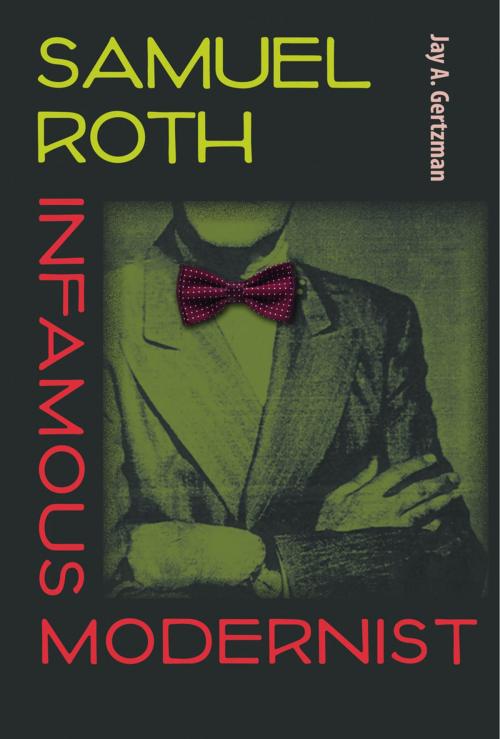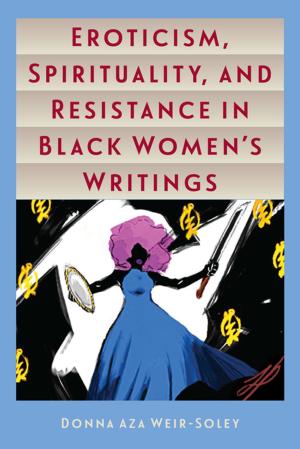Samuel Roth, Infamous Modernist
Fiction & Literature, Literary Theory & Criticism, British, Biography & Memoir, Literary, Nonfiction, History| Author: | Jay A. Gertzman | ISBN: | 9780813059167 |
| Publisher: | University Press of Florida | Publication: | April 1, 2013 |
| Imprint: | University Press of Florida | Language: | English |
| Author: | Jay A. Gertzman |
| ISBN: | 9780813059167 |
| Publisher: | University Press of Florida |
| Publication: | April 1, 2013 |
| Imprint: | University Press of Florida |
| Language: | English |
Samuel Roth is known to most literary scholars as a bold literary "pirate" for issuing unauthorized editions of modernist sensations, including Ulysses and Lady Chatterley’s Lover.
In the absence of an international copyright agreement and because works deemed obscene could not be copyrighted, what he did was not illegal. But it did violate the protocols of mutual fair dealing between publishers and authors. Those publications provoked an unprecedented international protest of writers, publishers, and intellectuals, who eventually vilified Roth on two continents.
Roth was a man with an uncanny ability to recognize good contemporary writing and make it accessible to popular audiences. Ultimately, his dedication to the publication of these works broke down many of the censorship laws of the time, though he suffered greatly for his efforts. His story portrays a struggle with literary censorship in the mid-twentieth century while providing insights into how modernism was marketed in America.
Samuel Roth is known to most literary scholars as a bold literary "pirate" for issuing unauthorized editions of modernist sensations, including Ulysses and Lady Chatterley’s Lover.
In the absence of an international copyright agreement and because works deemed obscene could not be copyrighted, what he did was not illegal. But it did violate the protocols of mutual fair dealing between publishers and authors. Those publications provoked an unprecedented international protest of writers, publishers, and intellectuals, who eventually vilified Roth on two continents.
Roth was a man with an uncanny ability to recognize good contemporary writing and make it accessible to popular audiences. Ultimately, his dedication to the publication of these works broke down many of the censorship laws of the time, though he suffered greatly for his efforts. His story portrays a struggle with literary censorship in the mid-twentieth century while providing insights into how modernism was marketed in America.















